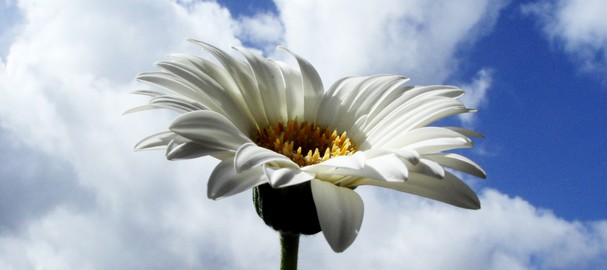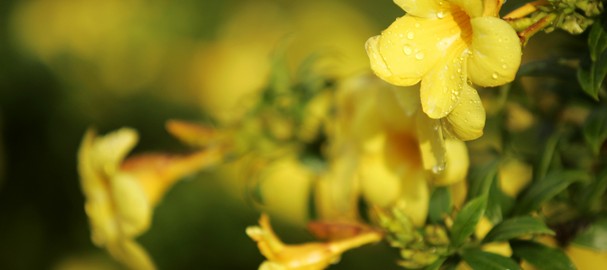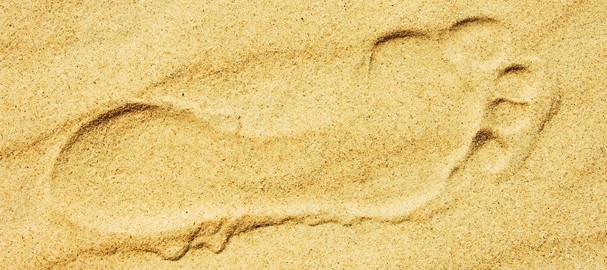If they kill me, it will be martyrdom for me. If they expel me, it will be migration for me; if they expel me to Cyprus, I will call its people to Allah so that they answer me. If they imprison me, it will be a place of worship for me.
—Ibn Taymiyyah [d. 728AH] on being killed or imprisoned
(Nahiyah min Hayah Shaykh al-Islam, p. 30, ibn al-Qayyim)
(Read on pg xiv, Ibn Taymiyyah, The Relief From Distress: An explanation to the du’a of Yunus. Daar us-Sunnah Publishers. UK: 2006.)
Allah knows, I have never seen anyone who had a better life than his. Despite the difficulties and all that expunges comfort and luxury, nay, things completely opposite to them; despite imprisonment, intimidation, and oppression, ibn Taymiyyah had a purer life than anyone could. He was the most generous, the strongest of heart and the most joyful of souls, with the radiance of bliss in his face. When we were seized with fear and our thoughts turned negative, and the earth grew narrow for us, we would go to him. No sooner did we look at him and hear his words, all these feelings would leave us to be replaced by relief, strength, certainty, and tranquility.
—Ibn al-Qayyim [d. 751AH] describing Ibn Taymiyyah [d. 728AH]
(Al-Wabil as-Sayyib, p.68)
(Read on pg xv, Ibn Taymiyyah, The Relief From Distress: An explanation to the du’a of Yunus. Daar us-Sunnah Publishers. UK: 2006.)
I never shed tears over all the hardships I faced nor lost courage at the turn of tides, except once. That happened when I was barefoot and could not afford to buy a pair of shoes. That year I walked all the way to the masjid at Kufah, greatly disheartened. There I saw a man who had lost both his feet! I then turned and thanked Allah with a grateful heart and forgot the gloom over my naked shoeless feet.
—Shaykh Sa‘dī Shirāzī [d. 692H/1292CE]
The Rose Garden. translated by Iftekhar Bano Hussain. Ta-Ha Publishers, London, UK. 2000.
Let us live for Allah. Let us love and like what He likes; let us dislike what He dislikes and hate what He hates. Let there be no territories carved up and no frontiers set up in serving Him. Let us passionately involve ourselves in our society to do His will, but still passionately let our hearts yearn for His pleasure. Similarly, let the life of the Prophet live again in our lives. Let his message, his conduct, his goals, be our message, our conduct, and our goals. So, also, let nothing motivate us but an intense longing to please our Lord in the next world, and let that expectation give a decisive shape to our life here. The hope of a meaningful future must lead us to confront the risks and overcome the tribulations that lie in living by His will in the totality of our existence. We, as Muslims, have but one option: to strive to change the world according to the model given to mankind by the Prophet Muhammad, blessings and peace be upon him.
—Ustadh Khurram Murad (1932-1996)




